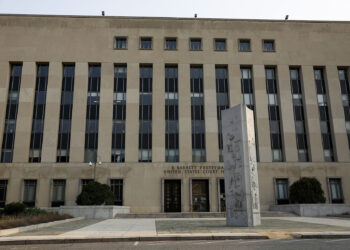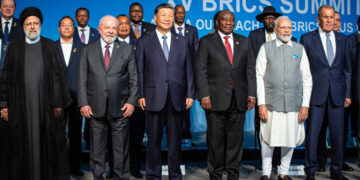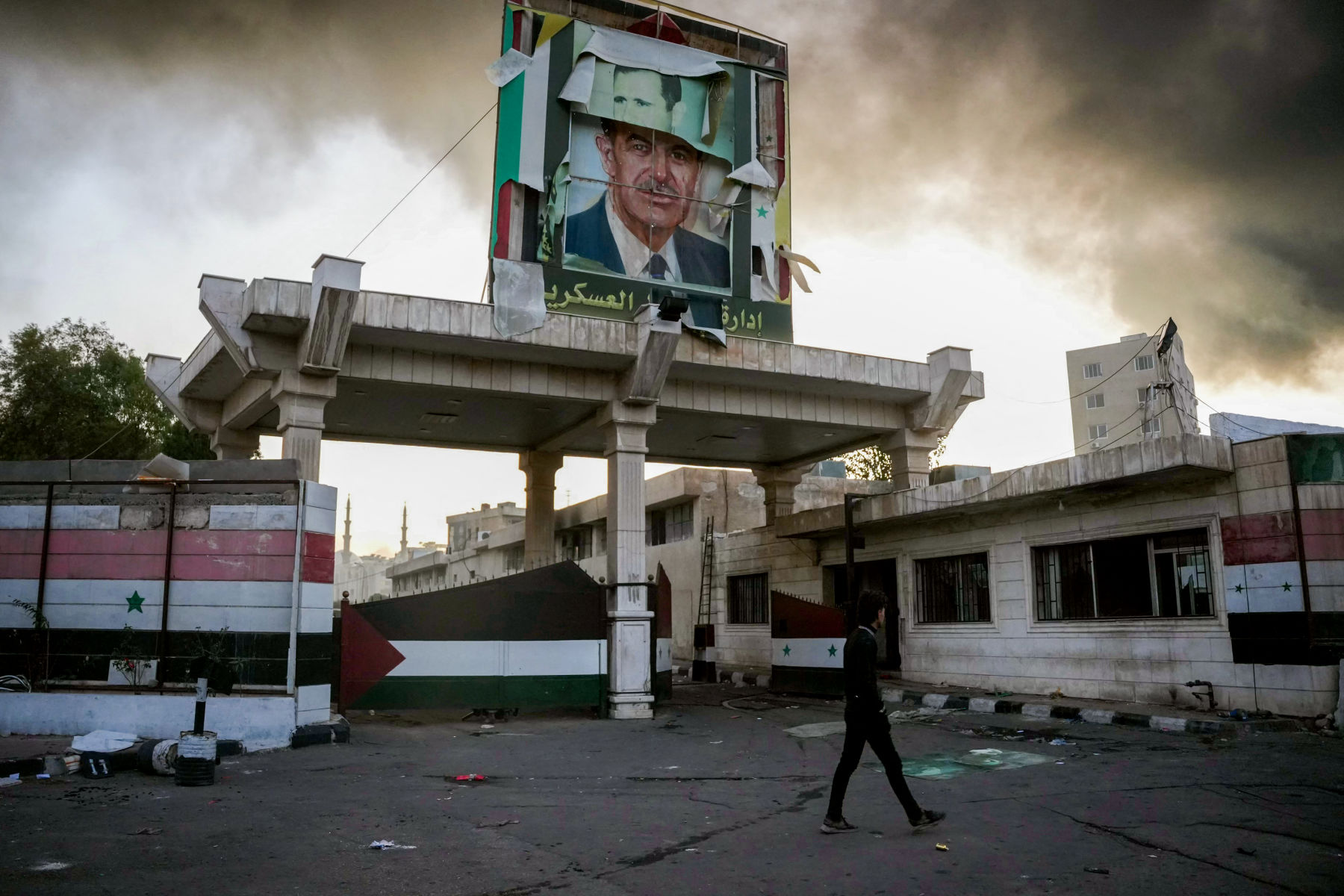Abdulaziz Kilani
A British-Arab writer and Researcher
More than five years ago, the Kingdom of Saudi Arabia (KSA) launched a military intervention in Yemen. This campaign marked a shift in Riyadh's foreign policy, which had been non-interventionist for decades. Saudi Arabia justified this departure as "defending the legitimate government" of Abdrabbuh Mansur Hadi against the Ansar Allah movement, more commonly known as the Houthis, who were fighting a rebellion against Hadi's government. Riyadh initially declared that its operation would be "limited in nature," but the war has now dragged on for 66 months with no military or political solution in sight.
Saudi Arabia's intervention is reminiscent of Egypt's military entanglement in Yemen in the 1960s when it supported the republicans after the revolution by the Yemeni Free Officers against Muhammad al-Badr, the Imam of the Mutawakkilite Kingdom of Yemen. Their successful revolution established the Yemen Arab Republic on 26 September 1962 and marked a civil war that lasted eight years. Between 1962 and 1967, Egypt deployed tens of thousands of troops to support the republicans against the Saudi-backed royalists; Egyptian President Gamal Abdel Nasser once told a historian: "I sent a company to Yemen and ended up reinforcing it with 70,000 troops."
During that period, the KSA fought a proxy war by providing financial and political support to the Yemeni royalists rather than engaging in direct military operations. That is not the case in the ongoing Yemeni conflict. Instead, Riyadh appears to have repeated Nasser's miscalculation and now appears to be looking for a face-saving way out of the war.
In March, the Saudis invited the Houthis for direct talks, but the initiative was rejected. In June, however, the Houthis reversed course and announced their willingness to meet in Riyadh to negotiate an end to the war. Mohammed Ali al-Houthi, a member of the Houthi Supreme Political Council, told the BBC, "We have no restrictions; no agenda that we fear will be exposed. We are ready for a public dialogue with the aggressor countries to reach a cease-fire and lift the siege that this coalition imposed on Yemen's land, sea, and air five years ago."
Until now, very little progress has been made towards ending the conflict. On the one hand, despite Riyadh's seeming willingness to end the war, the Saudi-led coalition continues to launch dozens of devastating airstrikes. Yemeni writer and political researcher Ahmed Almoaiad told me, "Saudi Arabia is not serious in the peace process, nor in restoring what is called legitimacy. The Saudi coalition has another agenda linked to Israel, which is to eliminate any party or movement that rejects American-Israeli hegemony over the region. As long as that goal is not achieved, Saudi Arabia will continue its aggression against Yemen."
On the other hand, the Houthis have continued firing ballistic missiles towards the KSA's territory in recent months. And more importantly, they have ramped up military operations made and significant advances on the ground this year, which may signal that the tide of the war is turning.
Yemeni writer and political analyst Yaseen Altamimi believes that Yemen's peace process was, and still is, a wasted effort since each party seems committed to a military solution to achieve political objectives. However, he places primary blame on the Houthis, asserting that "perhaps the greatest danger surrounding this process is putting the warring parties on an equal footing with respect to the cause of the war; in fact, the Houthi-Saleh alliance bears a larger share of responsibility for starting and continuing this war. Unfortunately, the international community acknowledges the constitutional mandate and legitimate authority of President Abdrabbuh Mansur Hadi. Yet, it continues to push a peace process based on the military realities on the ground, which favor the Iranian and UAE-backed Houthis." He added that Yemen's situation has been unduly influenced by interested international parties that have, for example, set redlines on the government's advance towards Sana'a.
The fact that all warring parties are continuing military engagements unabated indicates that the peace process is not a priority, at least for now. The big political issues – who should hold power, how to share power, how to govern a unified nation – remain unresolved and barely discussed. "None, aside from military instruments, is focusing on the big chunk: comprehensive, nationwide peace processes," Ibrahim Jalal, a non-resident scholar at the Middle East Institute whose research focuses on the Yemeni conflict, told me. "The peace process is stalled at all levels."
The United Nations has been pushing for a political solution. As stated by the Under-Secretary-General for Political and Peacebuilding Affairs, Rosemary DiCarlo: "In Yemen, we are actively discussing with the parties a draft Joint Declaration, which includes provisions on a nationwide ceasefire, economic and humanitarian measures, and the resumption of the political process." However, Jalal argues that the current efforts "to push for a Joint Declaration that 'freezes' an almost frozen conflict, are tactical and rather contradict the envoy's January 2020 UNSC briefing, which hinted an unexpected resumption of political consultations."
For the warring parties to sit around the table and negotiate, they must first disengage militarily. This is not happening today. To break this stalemate, Western governments should immediately halt arms sales to Riyadh, especially the U.S. administration. Until there is progress towards peace, these weapons will prolong and exacerbate the conflict.
Meanwhile, Yemeni civilians – especially the most vulnerable groups like children and the poor – have been the main victims of this six-year conflict. According to the third report of the Group of Eminent International and Regional Experts on Yemen (September 9, 2020), all parties continue to show disregard for international law and the Yemeni people's dignity and rights. Unless the warring parties return to the peace process and work seriously towards ending this war, Yemen's suffering will continue to go from bad to worse.
Bio: Abdulaziz Kilani (@AZ_Kilani) is a British-Arab writer and researcher. His articles focus on the Middle East and North Africa region and have been published by Middle East Eye, LobeLog, TRT World, Responsible Statecraft, and other media platforms.





































